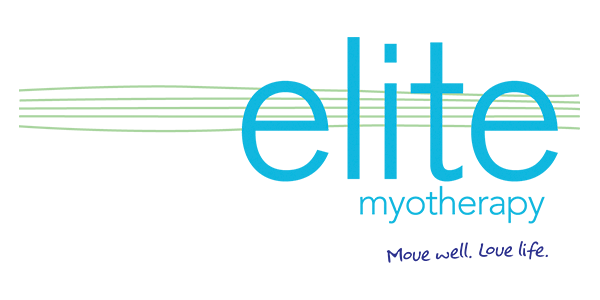Neck and shoulder tension is a common ailment that spares almost no one. Whether you’re an office worker, an athlete, a busy parent, or a retiree, this nagging discomfort can creep into your daily life, affecting your well-being and productivity.
Understanding Neck and Shoulder Tension
Common Causes
Poor Posture: One of the primary culprits is poor posture. Slouching at a desk, hunching over a smartphone, or even lounging improperly on a couch can strain the neck and shoulder muscles.
Stress and Anxiety: Emotional stress and anxiety often manifest physically. When you’re stressed, your body tenses up, particularly in the neck and shoulders.
Repetitive Movements: Repeating the same motions, whether typing, lifting, or even driving, can cause muscle fatigue and tension.
Inactivity: Sedentary lifestyles lead to weakened muscles, which can result in poor posture and, subsequently, tension in the neck and shoulders.
Inadequate Sleep: Poor sleeping positions or an unsupportive mattress and pillow can cause morning stiffness and ongoing tension.
Who is Affected?
Neck and shoulder tension doesn’t discriminate; it can affect:
- Office Workers: Long hours at a desk, often with poor ergonomic setups.
- Athletes: Strain from intensive training and poor post-workout recovery practices.
- Busy Parents: Physical strain from carrying children and daily chores.
- Students: Hunched over books and screens for prolonged periods.
- Older Adults: Age-related wear and tear and weaker muscles.
The Impact on Daily Life
Neck and shoulder tension can have a profound impact on daily life. It can lead to:
- Reduced Mobility: Stiffness can limit the range of motion, making everyday tasks like turning your head or reaching overhead difficult.
- Chronic Pain: Persistent tension can evolve into chronic pain, affecting concentration and mood.
- Headaches: Tension headaches often originate from tight neck and shoulder muscles.
- Poor Sleep: Discomfort can interfere with a good night’s sleep, leading to fatigue and irritability.
How Myotherapy Can Help
Myotherapy is a specialised form of physical therapy focused on treating musculoskeletal pain and dysfunction, making it particularly effective for addressing neck and shoulder tension.
Tailored Treatments
Myotherapists assess your individual condition to create a personalised treatment plan. This might include:
- Deep Tissue Massage: Helps to relieve muscle tension and improve blood flow.
- Myofascial Release: Targets the fascia (connective tissue) to reduce stiffness and pain.
- Trigger Point Therapy: Addresses specific tight spots in the muscles that refer pain to other areas.
- Dry Needling: Involves inserting fine needles into trigger points to release muscle tightness and enhance healing.
Corrective Exercises
Myotherapists provide exercises to strengthen the neck and shoulder muscles, improve posture, and increase flexibility. These exercises help in maintaining the benefits of the therapy sessions.
Postural Advice
Proper posture is key to preventing neck and shoulder tension. Myotherapists offer practical advice on maintaining good posture during daily activities and ergonomic tips for workspaces.
Stress Management
Since stress is a significant factor, Myotherapists might incorporate relaxation techniques and advice on stress management to complement physical treatments.
Neck and shoulder tension is a common issue that can disrupt your life, but it doesn’t have to be a permanent fixture. Understanding the causes and seeking effective treatments like Myotherapy can make a world of difference. Through personalised treatment plans, corrective exercises, and practical advice, Myotherapy offers a holistic approach to relieving tension and improving your quality of life. If you’re struggling with neck and shoulder tension, consider consulting a Myotherapist to start your journey toward relief and better health.







